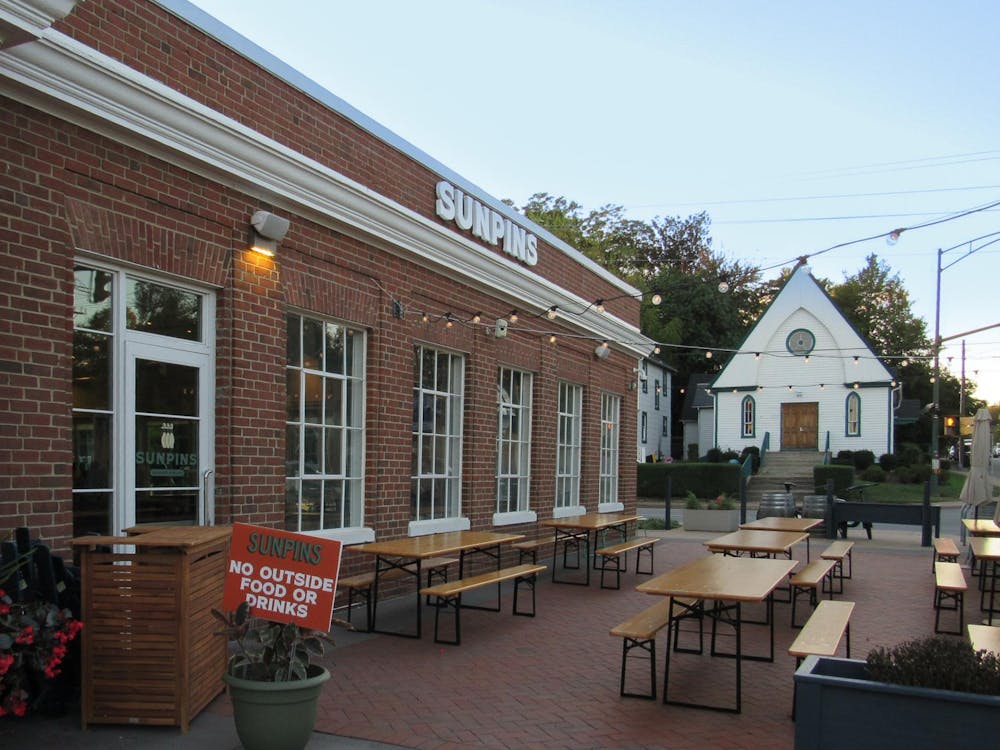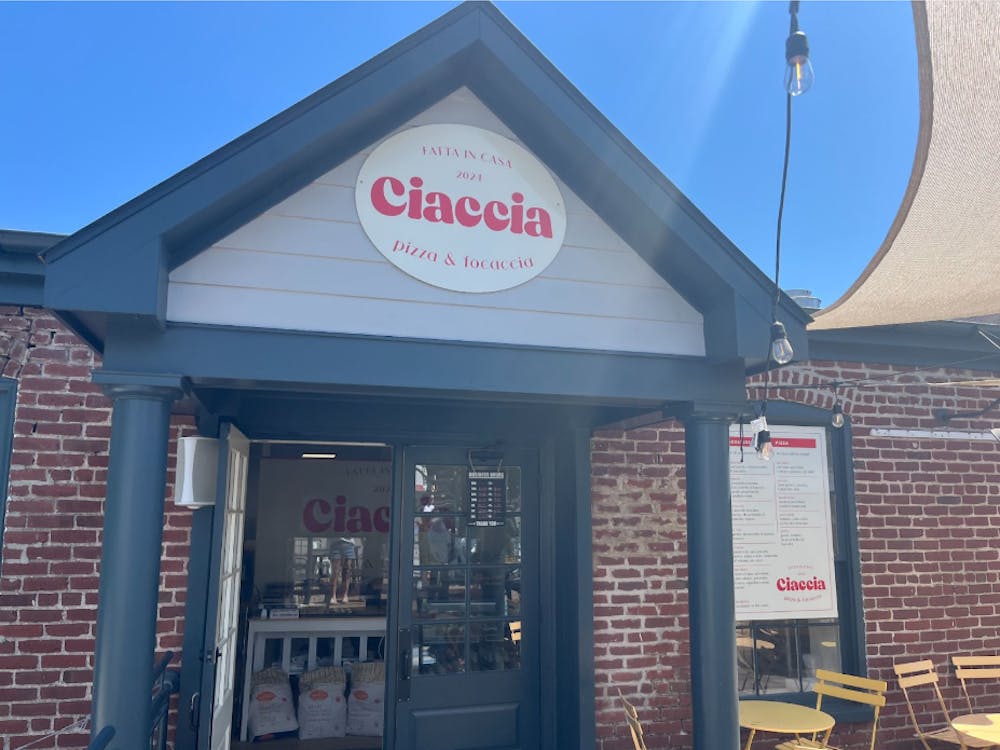Can great literature truly change peoples' lives?
Next semester, students enrolled in a new course at the University, "Books Behind Bars: Life, Literature, and Community Leadership," will attempt to answer this question in the affirmative. Led by Russian Prof. Andrew Kaufman, the course will use academics and community service to study literature's power to promote positive social change in the youth of a local juvenile treatment center.
University students will read the works of popular Russian authors including Leo Tolstoy, Fyodor Dostoevsky and Stanislav Petrov. They will discuss literary themes like isolation, abandonment, the loss of one's freedom and the search for one's identity and meaning.
Literature and Education majors and students interested in community service are particularly encouraged to take this course. Ultimately, Kaufman is looking for "self-starters" - motivated students who are excited about a new experiment and are willing to take on an academic and personal challenge.
Ultimately, though, "this is a class not only about Russian literature," he said. "But also real life and human beings in all their beautiful and mysterious complexity. Russian literature will be the vehicles through which students begin to appreciate that complexity."
Indeed, the requirements for this course do not stop at the classroom. During weekends, students will travel off Grounds to the Jefferson Trail Treatment Center for Children in Charlottesville to further discuss the issues presented in the novels with 13- to 17-year-old juvenile residents, all of whom have some history of psychological illness, anti-sociality and/or criminal behavior.
Assuming the role of the professor, University students will facilitate small-group discussions about the selected works and how they relate to their own lives.
Fourth-year College student Leo Kuyumciyan said he finds it impressive that Kaufman found Russian texts to resonate with today's troubled youth. Kuyumciyan plans to take the course this spring.
The group discussions, Kaufman said, "should prove to be an enormous learning opportunity. Empathy for others - one of the course's learning objectives - will be essential to students' success in establishing a rapport with their audience."
Initially, University students may find it uncomfortable when the youth begin switching the conversation from literature to their personal issues, many of which may include drug addiction or gang activity. Thus, the first five weeks of the course are spent in preparation for the first meeting. Books such as Randall Sheldon's "Delinquency and Juvenile Justice in America", films about juvenile delinquency, guest speakers and an orientation at JTTCC will facilitate this preparation.
Continual reflection on their experiences will be a predominant aspect of the course for students. Students will keep personal journals that must be updated on a weekly basis before and after their visits to JTTCC. Before the encounters every week, students will record their predictions and concerns. After their visit, they will write about what they have learned in playing the role of teacher and of the student. By the end of the semester, the students will have compiled a "Learning Portfolio and Reflective Essay."
Jim Harris, CEO of JTTCC, said he believes the course will be "the beginning of a strong, mutually-beneficial relationship between U.Va. and Jefferson Trail." He added that "the children here are eager to learn about the world around them and this program will afford them an opportunity that they would not typically have."
Similarly, Kaufman believes the course will prove the "transformative power of a liberal arts education for all."
He developed the idea for Books Behind Bars during his work for the The Big Read Program, sponsored by the National Endowment for the Arts. The program leads a similar experiment at a correctional center in Virginia Beach. There, Kaufman worked with others to observe changes in the attitudes and behaviors of the dozen adult inmates. Some were even illiterate, yet still understood the power of the literature and found that they could relate to some of the books' characters.
Academic Community Engagement Director Megan Raymond expressed her enthusiasm for the course.
"We simply cannot underestimate the pressures that the current economic climate is putting on our local social service agencies and community organizations," she said. "We hope students will become inspired to be involved with civic engagement throughout their time at U.Va. and beyond."
An information session for Books Behind Bars will be held today from 4 to 5 p.m. in Cabell 215. Enrollment in the course is open to students of all schools, majors and years. The enrollment number, however, is limited and students need to obtain instructor permission and complete a short application.






